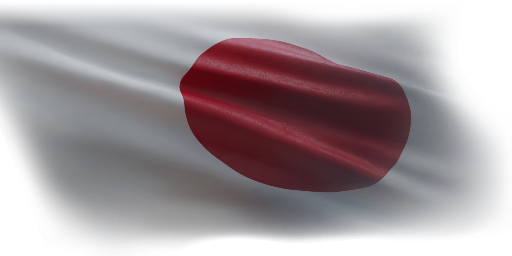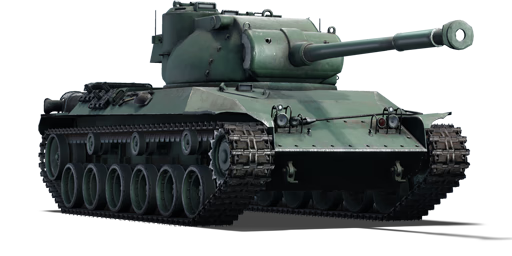

Ground Vehicles
ST-A2
IV
Rank
AB
6.3
RB
6.3
SB
6.3
Battle rating
Japan
Game nation
Medium tank
Main role
31,000

Research
200,000

Purchase
General information
The ST-A2 was the 2nd prototype towards the Type 61, starting to resemble the tank more and more with the main difference over the ST-A1 being the design of the hull. Offering the same engine, overall weight, and cannon, other than design differences, the ST-A2 is a very similar vehicle.
It was introduced along with the initial Japanese Ground Forces tree in Update 1.65 "Way of the Samurai". It is more of a sidegrade to the ST-A1, which takes sniping duty as its main work while neglecting most of the other roles. One can treat them as the same tank, but they have some minor quality of life differences.
Camouflages:
Survivability and armour
Armour
front / side / back
Hull
45 / 35 / 20 mm
Turret
75 / 60 / 35 mm
Visibility
95 %
Crew
4 persons
Mobility
Max speed
Forward
4550 km/h
Backward
1719 km/h
Power-to-weight ratio
16.114.230.724.9 hp/t
Engine power
5504861,049852 hp
Weight
34.2 t
Optics
Gunner
Commander
Driver
Optics zoom
8.0x–15.9x
—
—
Armaments
90 mm M3A1 cannon
Ammunition
40 rounds
First-order
11 rounds
Reload
basic crew → aces
9.7 → 7.5 s
Vertical guidance
-10 / 13°
Turret Rotation Speed
basic crew → aces
Horizontal
16.814.331.622.8 → 2420.445.232.6 °/s
Vertical
4.23.414.79.4 → 64.82113.4 °/s
| Ammunition | Type | Armor penetration (mm) at a distance: | |||||
|---|---|---|---|---|---|---|---|
| 10 m | 100 m | 500 m | 1000 m | 1500 m | 2000 m | ||
| APBC | 175 | 173 | 161 | 147 | 135 | 123 | |
| HE | 20 | 20 | 18 | 17 | 16 | 16 | |
| APCBC | 185 | 183 | 173 | 161 | 150 | 140 | |
| APCR | 287 | 281 | 259 | 234 | 211 | 191 | |
| APCR | 291 | 286 | 264 | 240 | 217 | 197 | |
| HEATFS | 305 | 305 | 305 | 305 | 305 | 305 | |
| Smoke | 5 | 5 | 5 | 5 | 5 | 5 | |
7.62 mm M1919A4 machine gun (coaxial)
Ammunition
4,500 rounds
Belt capacity
250 rounds
Reload
basic crew → aces
10.4 → 8 s
Fire rate
500 shots/min
| Belt | Belt filling | Armor penetration (mm) at a distance: | |||||
|---|---|---|---|---|---|---|---|
| 10 m | 100 m | 500 m | 1000 m | 1500 m | 2000 m | ||
| AP/T | 13 | 12 | 7 | 3 | 2 | 0 | |
Economy
Repair cost
Basic → Reference
AB
3,225 → 4,151 

RB
3,870 → 4,981 

SB
4,954 → 6,376 

Crew training
57,000 

Experts
200,000 

Aces
800 

Research Aces
520,000 

Reward multiplier
AB / RB / SB
120 / 180 / 210 % 

172 % 

Total cost of modifications
52,600 

90,800 

Talisman cost
1,700 

Research order:
Mobility | |
|---|---|
Protection |
|---|
Firepower | ||
|---|---|---|
Rating by players
You must play more than 3 battles for the last week and more than 10 battles in a vehicle to rate it.
Like:
8
Armor protection:
Not enough ratings
Survivability:
Not enough ratings
Mobility:
Not enough ratings
Armament:
Not enough ratings
Balance:
Not enough ratings
Articles
No articles about this vehicle yet
Become the first author and get rewards!
Write a guide, tell about interesting historical facts, make a tutorial or simply an interesting post.
No more content